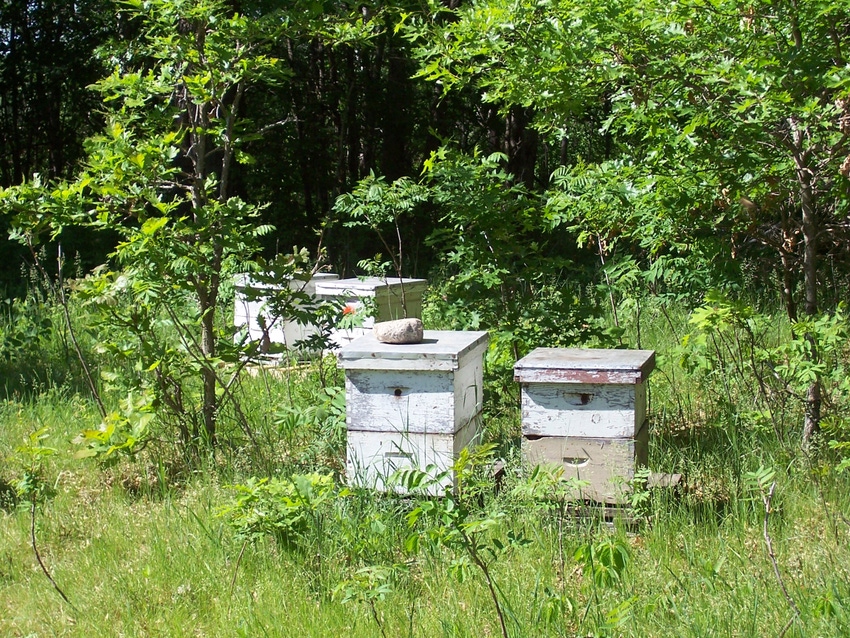FFAR launches $10m fund to advance pollinator health
Initial funding opportunity open for pre-proposals through April 17.
February 17, 2017

The Foundation for Food & Agriculture Research (FFAR), a nonprofit organization addressing food and agricultural challenges through innovative science, has launched the Pollinator Health Fund with a $10 million commitment toward reversing the pollinator population decline in the U.S.
The Pollinator Health Fund supports research and technology development that have an impact on pollinators in agricultural landscapes and real-world applications to beekeeping, land management and farming practices. The first grant opportunity available through the fund invites institutions of higher education, nonprofit organizations and businesses to submit research pre-proposals that demonstrate potential to significantly advance domestic pollinator health.
Insect pollinators help sustain ecosystems and contribute more than $24 billion to the U.S. economy annually. A variety of domestic crops rely on pollinators to reproduce; declining populations of both wild and managed pollinators threaten the viability of these crops in the U.S., FFAR said. The new fund is designed to help combat the economic and environmental impacts of declining pollinator populations in the U.S.
Up to $4 million in grants will be awarded through this initial opportunity for research proposals addressing the following issues:
* Understanding multiple interacting stressors;
* Developing best management practices and their increasing application;
* Accelerating technology transfer, and
* Enhancing outreach and education.
While research has identified several factors that contribute to pollinator decline, how those factors interact with each other and the implementation of science-based best practices are active areas of investigation.
“Pollinators play an integral role in agricultural productivity and sustainability,” FFAR executive director Sally Rockey said. “We look forward to seeing farmers, beekeepers, ranchers and other landowners benefit their bottom lines and the environment using information and technology that we expect to result from research supported by the foundation’s new Pollinator Health Fund.”
Applicants are encouraged to form partnerships with businesses and nonprofit organizations to ground projects in the social and economic realities of beekeeping, farming and ranching.
FFAR invites partners interested in the Pollinator Health Fund to join in the discovery of technology and information that can lead to healthy pollinator populations. Learn more at http://foundationfar.org/pollinator-health-fund.
You May Also Like


